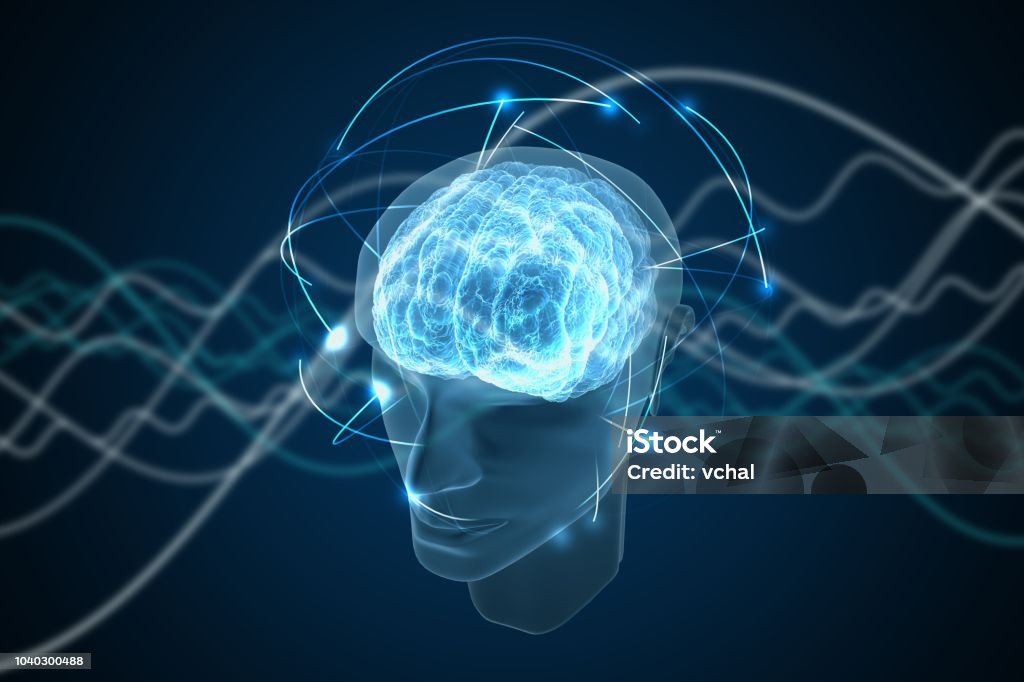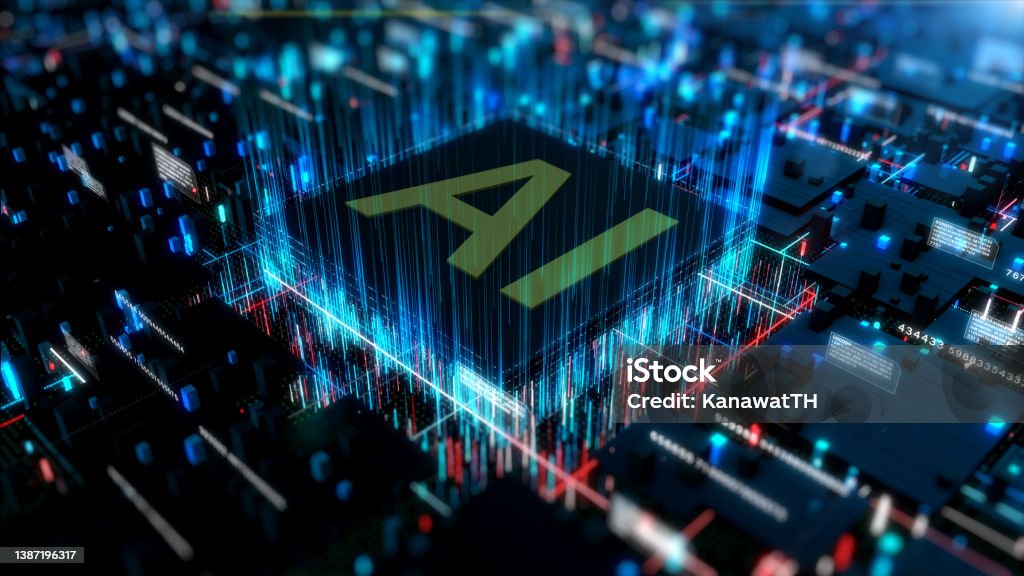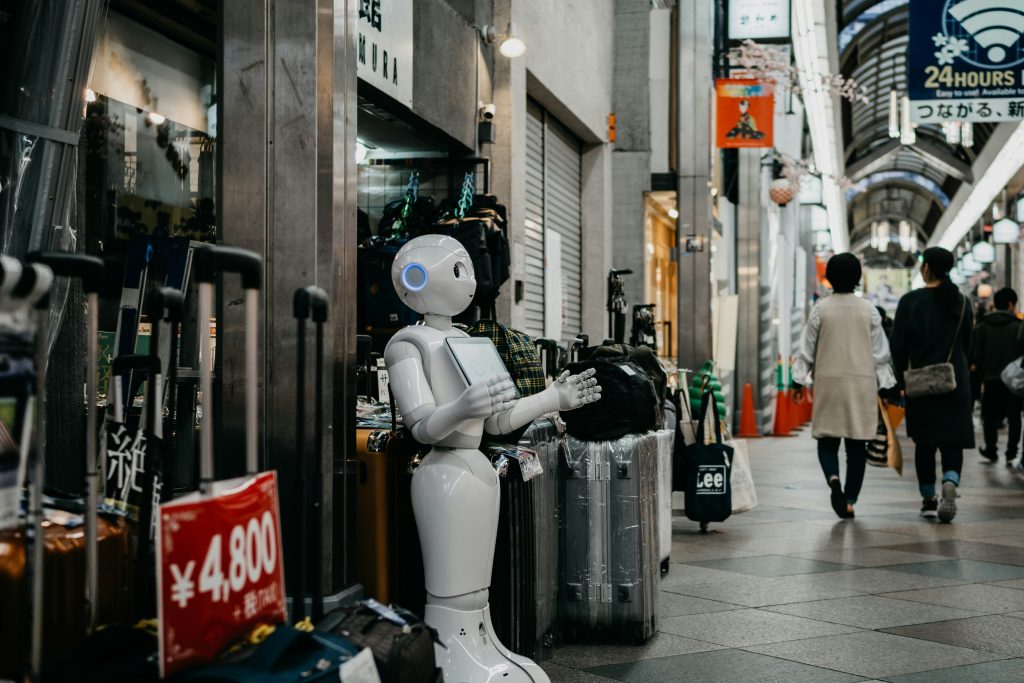Scientists working on AI are constantly striving to advance algorithms to evolve these up to further potency and efficiency. As the healthcare, finance, and logistics sectors steadily shift towards the AI revolution, the demand for the computation technique is growing faster and more advanced. One of the most exciting prospects in the near future is the coming together of quantum computing and AI. Quantum computing, which solves problems much more rapidly than ordinary computers, might be just what’s needed to unlock the next generation of AI algorithms.
Here in this blog, we will explore the concept of quantum algorithms for AI, how they work and why they may end up changing the field of artificial intelligence.
Quantum algorithms for AI can only be understood if you know some about quantum computing itself. The idea is that quantum computing, unlike classical computing, doesn’t do processing of information that exists only as 0 or 1; its bits, known as qubits, could potentially exist in many states at once thanks to concepts such as superposition and entanglement.
Superposition means qubits might exist in the state of 0 and 1 at the same time; this is what allows quantum computers to process many possibilities all at once. Entanglement is an effect in which qubits are connected such that the state of one determines the state of the other, even when they are separated by large distances.These quantum properties could make a quantum computer solve particular problems exponentially faster than any classical computers would.
Quantum unlock completely new possibilities in AI. One can solve problems that were formerly unsolvable for classical computers. The quantum algorithms represent a promising innovation: they speed up machine learning, enhance optimization, and provide powerful tools for data processing.
Despite being at the construction stage, the usable quantum AI highway seems to be just round the corner, since progress is evident in both hardware quantum devices and the development of algorithms, where each thrust should soon be able to push into production, opening gates for quantum AI’s introduction into industries that might even completely change the world, starting from healthcare and finance but certainly including logistics, transport, and all that concerns.

Challenges and the Road Ahead
Limitations: Current quantum hardware is in its infant stages. Quantum computers suffer a predilection for errors (quantum decoherence) and few qubits and computing power.
Algorithmic Development: Practical quantum algorithms for AI are still in the process of research. Most of the quantum algorithms need to be developed and a lot of work needs to go into making them practical and useful for daily applications.
Hybrid Quantum-Classical Systems: Quantum computers will not replace the classical systems anytime soon; however, hybrids where quantum algorithms make computation easier on specific tasks that are difficult for a classical system will be developed.
These algorithms represent some important contributions to the field of quantum computing. The full potential of quantum algorithms remains to be explored.
Sources for Further Reading:
“Quantum Machine Learning: What Quantum Computing Means to Data Mining“ by K. J. L. Tielens
“Quantum Computation and Quantum Information“ by Michael A. Nielsen & Isaac L. Chuang
D-Wave Systems: Quantum Annealing for Optimization





Even if we do not talk about 5G (specifically), the security talent in general in the country is very sparse at the moment. We need to get more (security) professionals in the system.